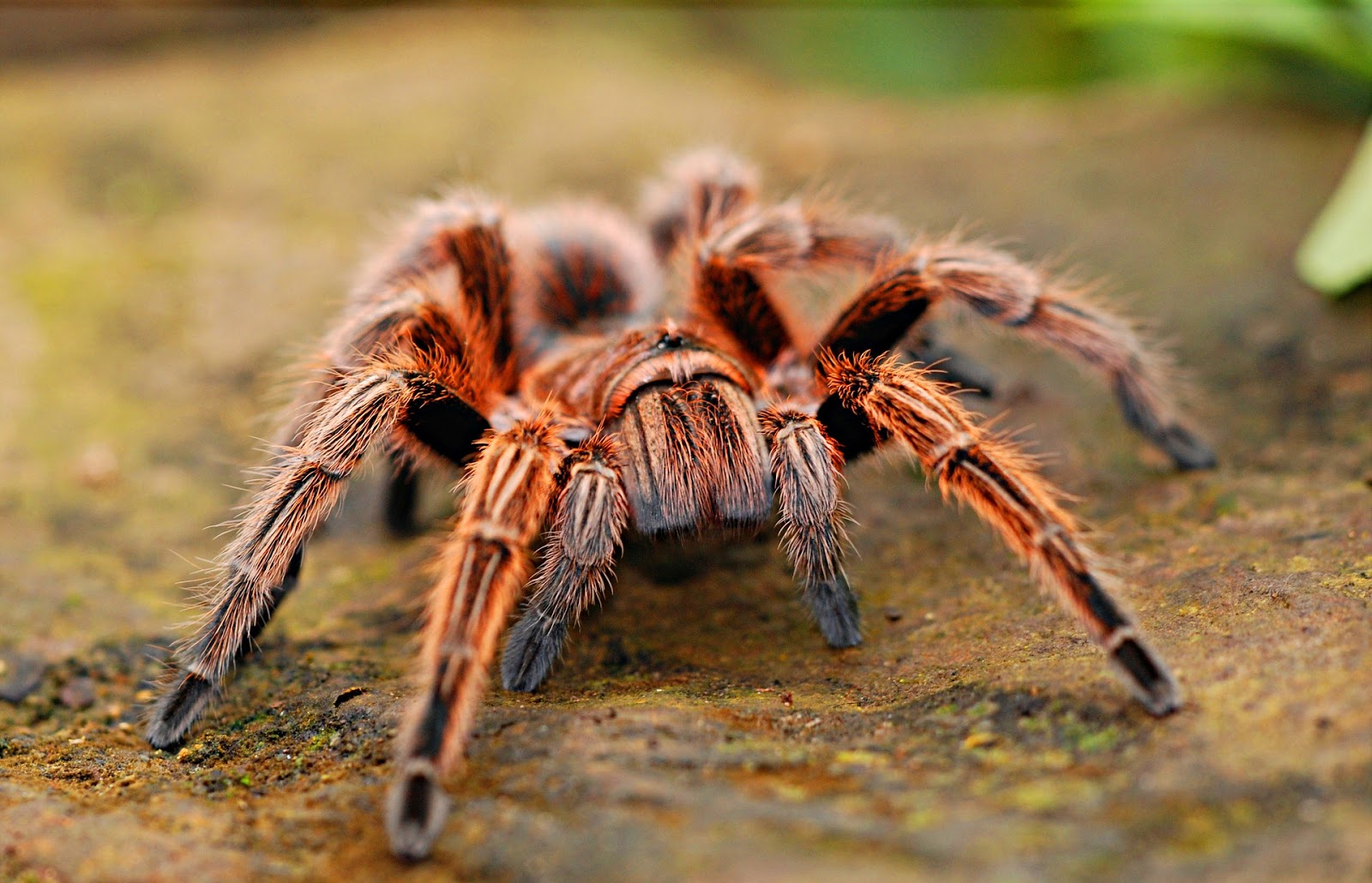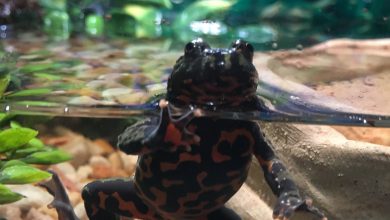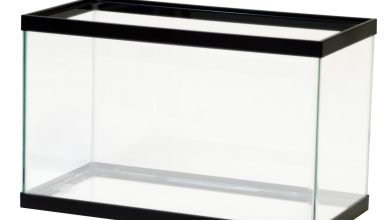What You Really Want in a Tarantula Terrarium – The Tye-Dyed Iguana

Photo courtesy of Steve Roberts
What better time to talk about spiders than October. Halloween is around the corner, and no pet makes a better Halloween party guest than a big, hairy tarantula. Despite some people thinking they look creepy, tarantulas can actually be fun and easy to care for.
They rarely bite, and even if they do, itâs typically no more harmful than a bee sting. Of course, you can prevent bites in the first place by knowing the right way to care for your arachnid pet. They also live fairly long lives and take up very little space, making them a convenient pet for apartments and small homes.
Does that make you feel ready to get a pet tarantula? Then keep reading to find out how to set up a home for your furry, crawly friend.
Tarantula habitat basics
First off, if you want to keep multiple arachnids, youâre going to need to dedicate a bit more space to them. Thatâs because they cannot be kept in the same terrarium together. Tarantulas are territorial cannibals. Each spider will want to claim the tank, and they will eat their rival.
So, one tarantula is a low-maintenance exotic pet with small space requirements. The more spiders you add to your collection, the more tank and animal maintenance, and space required. Thatâs not to say you shouldnât keep more than one if your goal is to be an experienced arachnid keeper. Just know what youâre getting into first.
The tank itself can be a typical plastic or glass terrarium. A 5-gallon tank is most commonly used for adult tarantulas of most species, but you can go a bit smaller or larger. These spiders donât tend to wander a lot, and they primarily need space for burrowing and some climbing.
Itâs also important to make sure the tank has some kind of opening for air circulation without allowing space for the spider to escape. A secure mesh top is a good solution.
Humidity for tarantulas
Tarantulas require a somewhat humid environment. Keepers come up with various methods of adjusting the humidity, but an easy method is to place some plastic wrap between the edge of the lid and the mesh screen, leaving part of the mesh unblocked by the plastic.
Adjust the size of the covered area to adjust the humidity level. More coverage holds in more humidity, and less coverage decreases the humidity in the tank.
Selecting a substrate
Because these pets require a humid environment, they need a substrate that will retain a bit of moisture. Coco fiber and potting soil are both acceptable choices that also allow the tarantula to burrow. You can also use a special blend of Creature Soil that contains a safe mix of natural substrate materials.
You need to fill the bottom of the tank with enough substrate for your spider to burrow into. Depending on the size of your arachnid, this could be up to 3 inches, but it could also be as little as 1 inch.
Find décor for your tarantula to climb on and hide under at The Tye-Dyed Iguana.



